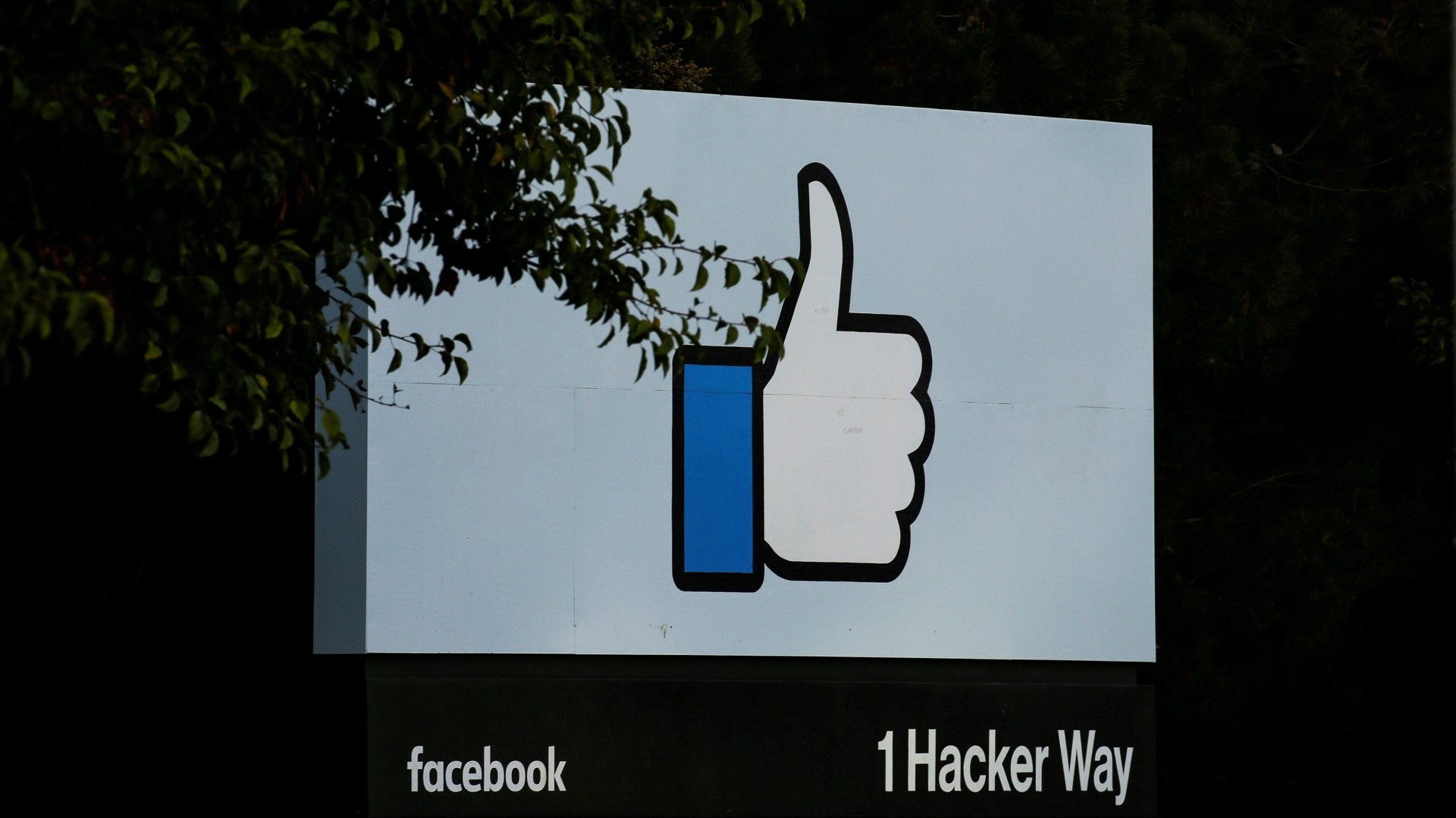Facebook’s stock price has more to lose from Apple than the whistleblower
Facebook has had a rough month: Its outage that took down everything from WhatsApp to Instagram was one for the history books. A whistleblower who turned over documents to the Wall Street Journal for an exposé went on to tell politicians in Washington that the social media company puts “astronomical profits” before people. Its shares are lagging well behind those of other big tech companies.


Facebook has had a rough month: Its outage that took down everything from WhatsApp to Instagram was one for the history books. A whistleblower who turned over documents to the Wall Street Journal for an exposé went on to tell politicians in Washington that the social media company puts “astronomical profits” before people. Its shares are lagging well behind those of other big tech companies.
But Facebook has been dealing with bad headlines and scrutiny in Washington for some time. While the bombshell from Frances Haugen, a former product manager at Facebook, definitely had a short-term effect on the stock price, changes in Apple’s operating system and the risk of a weak Christmas are probably a bigger worry for CEO Mark Zuckerberg, said Inge Heydorn, a partner at GP Bullhound, an advisory and investment firm that owns Facebook shares.
Put another way, Facebook’s stock has been sinking because those astronomical profits could be dented.
Facebook’s business has been booming during the pandemic, as more people spend more time on screens. Executives at the Menlo Park, California-based company reiterated last month that ad revenue was likely to slow in the third quarter because of changes Apple made to iOS 14.5, which lets people opt out of apps—such as those run by Facebook—that track them on the internet. Heydorn says Facebook’s additional warning about ad revenue was unusual, suggesting it’s a serious concern for the company. GP Bullhound sold some of its Facebook shares in early September.
Facebook may be affected by supply chain issues
On top of that, Heydorn thinks the supply-chain crunch that could reduce retail inventory in the fourth quarter will hit Facebook as well. If businesses have less product to sell, they will have less reason to advertise on Facebook, he said.
In the longer term, Facebook has challenges even if the press and political scrutiny blow over. While the social media company is still a good place for advertisers to reach older generations, Facebook doesn’t have traction with younger internet users, for example.
But in the meantime, Christmas is an immediate concern. While big companies like Costco have the resources to, say, charter cargo vessels to get inventory, the smaller operators that Facebook relies on for so much of its advertising don’t have those kinds of options and will likely get squeezed, Heydor says.
“It’s the smaller guys who are the bread and butter for Facebook,” he said.